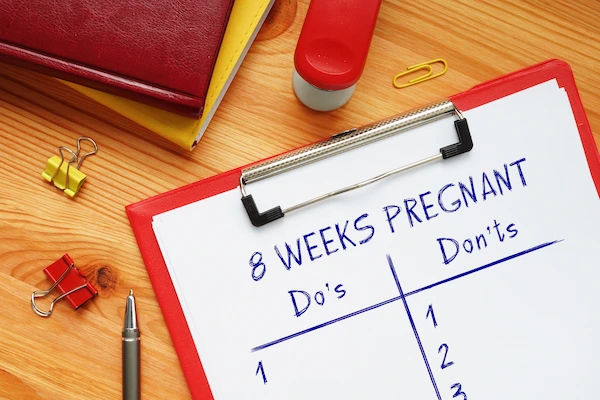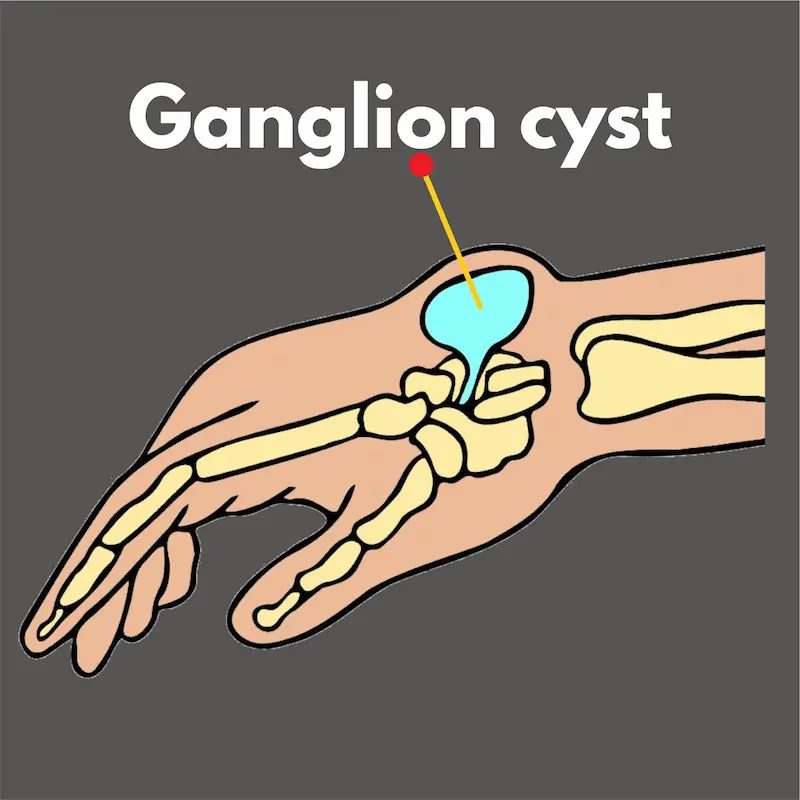- female
- 29 Years
- 14/08/2025
I'm a 29-year-old mom with a 2.5-year-old baby and I've been diagnosed with a right dermoid ovarian cyst measuring 2.6 cm x 2 cm along with bilateral PCOD causing irregular periods. I really don't want to undergo open or laparoscopic surgery since I'm done having kids. Feeling completely stuck and frustrated about what to do next - could you suggest some options for me?
Answered by 1 Apollo Doctors
Given your diagnosis of a 2.6 cm x 2 cm right dermoid ovarian cyst and bilateral PCOD, and your preference to avoid surgery, here's a breakdown of potential options and considerations: Understanding Your Situation:
Dermoid Cyst: Dermoid cysts are usually benign and often don't cause symptoms, especially when small. While generally harmless, they can grow and potentially cause complications like torsion or rupture if large enough.
PCOD: Polycystic ovary disorder (PCOD) can lead to irregular periods and other issues, but with management, fertility remains a possibility. Your Preference: You're hesitant about surgery due to your desire to avoid complications, which is a valid concern
Dr. Kamran Suggests...
Consult a Obstetrician and Gynaecologist
Answered 14/08/2025
0
0

More Obstetrics & Gynaecology Health Queries
View allI've had two C-sections and got my gallbladder removed 45 days ago just found out I'm pregnant again and don't want to continue it attached my ultrasound pic for reference which option would be safer for me MTP or DC given my medical history
please share the report.
Answered by 1 Apollo Doctors
I'm a bit worried because my period was supposed to start on December 29th, 2017, and I found out I was pregnant on December 31st. Since January 6th, I've been spotting with a brown color. My doctor gave me Trenaxa 500mg to take three times a day for five days, but it hasn't seemed to help. Do you have any ideas on what I should do next?
Visit Physician for evaluation and appropriate management
Answered by 1 Apollo Doctors
I'm a little worried because for the past 23 months, my periods havent been normal. There's only a tiny bit of bleeding, not the usual red blood, and it only lasts for a couple of days. Plus, I'm not experiencing the stomach aches that I used to get. Could this be related to PCOD or something to do with infertility?
Irregular periods, light bleeding, and reduced stomach cramps can be symptoms of various conditions, including Polycystic Ovary Syndrome (PCOS) or Polycystic Ovary Disease (PCOD). These hormonal disorders can disrupt ovulation, leading to irregular periods, infertility, and other symptoms like acne, excess hair growth, and weight gain. Other possible causes include hormonal imbalances, thyroid issues, or stress. It's essential to consult a healthcare provider or gynecologist for a proper diagnosis and treatment plan, especially if you're concerned about infertility or other related health issues.
Answered by 1 Apollo Doctors
Disclaimer: Answers on Apollo 247 are not intended to replace your doctor advice. Always seek help of a professional doctor in case of an medical emergency or ailment.




.webp)
